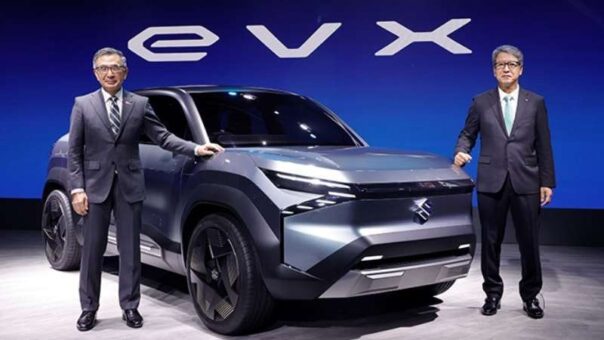Suzuki unveiled the EV concept model eVX at the Maruti Suzuki Pavilion at Auto Expo 2023. The world premiere of the SUV was held in suburbs of Delhi, India.
(more…)Category: Automotive
PkRevenue provides stories related to automotive industry. We focus on auto policy of Pakistan. The coverage also includes sales of domestic manufacturing.
-
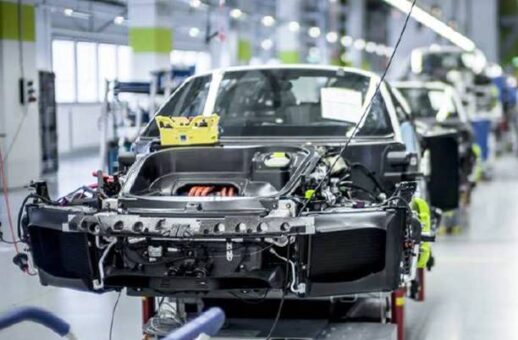
Pakistan car sales drop in 1HFY23 amid halt in production
KARACHI: Pakistan car sales have dropped by 38 per cent during first half of the current fiscal year 2022-2023 due to non-production days due to shortage of raw material because of import restrictions.
(more…) -
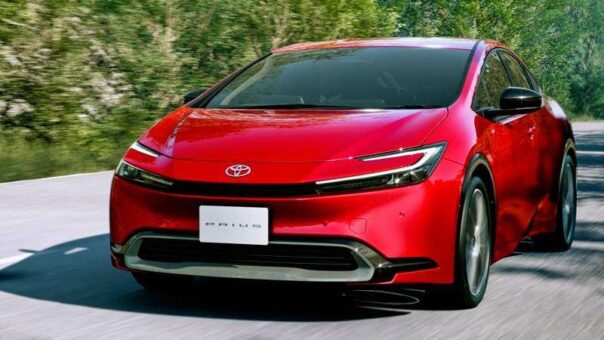
Toyota launches All-New Prius HEV
Toyota Motor Corporation announced to commence sales of all-new Prius Series Parallel Hybrid (HEV) models in Japan.
The price range of the car is from 2,750,000 YEN to 3,920,000 YEN. The price range of the car in PKR is Rs4,742,780 to Rs6,760,618.
The car has lower center of gravity and even more stylish proportions. The simple yet sculpted body expresses exhilaration that appeals to the senses and a universal beauty that will remain popular into the future.
The “island architecture” concept achieves a low-stress, spacious interior with a cockpit that makes it easy to concentrate on driving. Altogether, the interior offers intuitive operation and an enjoyable driving experience.
A total of eight body colors are available, including two newly developed, solid base colors of Ash and Mustard that create a sporty impression, bringing touches of color to the daily lives of customers to create a stronger sense of attachment.
The new Prius is equipped with the latest fifth-generation hybrid system in both the 2.0-liter and 1.8-liter models.
Compared to the previous model, the 2.0-liter Prius (Z and G grades) achieves improved fuel efficiency of 28.6 km/L and maximum system output of 144 kW (196 PS), which is 1.6 times higher than the previous model.
This model achieves a high level of balance between the outstanding environmental performance of a Prius and the captivating driving performance of a car that reacts as expected with satisfying acceleration and responsive driving.
The 1.8-liter Prius (U and X grades) achieves great fuel efficiency of 32.6 km/L. The refined driving performance and seamless acceleration of a hybrid provide feelings of agility when starting off and the responsiveness of direct driving power.
The second-generation TNGA platform was developed as part of continuing improvement of the matured TNGA platform to achieve the exhilarating styling and driving performance of the new Prius, allowing for a lower center of gravity and large-diameter tires.
This version comes with the latest E-Four system. Employing a high-output motor and other features, it offers improved uphill performance on low-friction road surfaces, like snow-covered roads, and greater stability when turning.
Toyota Safety Sense, the latest active safety package, is a standard inclusion. Including the Advanced Safety System with an expanded range of detectable objects, the new Prius also comes with the following added features.
Rear vehicle proximity notification
Using the Blind Spot Monitor’s rear millimeter-wave radar, this feature detects vehicles in the rear and, if another vehicle is approaching, it alerts the driver via the Multi-Information Display and buzzer.
Approaching vehicle proximity support (recording function and vehicle reporting suggestions
If a vehicle approaching from the rear is too close, this system offers the driver suggestions for dealing with the issue, including contacting the police or the HELPNET emergency call service. In vehicles equipped with a drive recorder, in addition to automatically recording the event, the system stores the data in a dedicated area that makes it difficult to record over.
Secondary Collision Brake (rear impact mitigation when stopped
Using the Blind Spot Monitor’s rear millimeter-wave radar, this system detects vehicles in the rear and, if it determines a very high possibility of a collision while the vehicle is stopped, it applies the brakes to reduce speed if a rear collision occurs. Compared to the previous model, this system enables an earlier reduction in speed by applying the brakes prior to a collision.
-
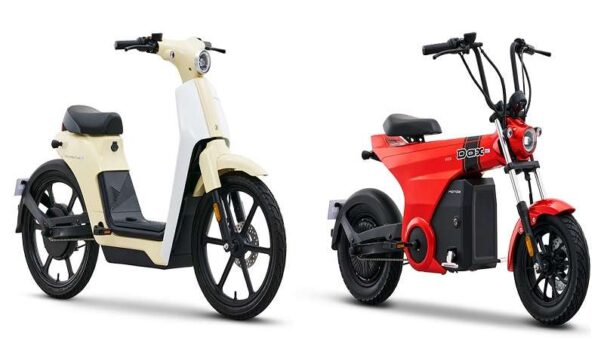
Honda to launch new electric bicycles
Honda announced today to launch three electric bicycles (EB) with stunning and bold look to facilitate youth of China.
The names of three Honda electric bicycle (EB) are Honda Cub e:, the Dax e:, and the ZOOMER e:. These bicycles have maximum speed of 25km/h or less.
The electric bicycles were inspired from Honda’s previous model released which are Super Cub, Dax, and ZOOMER.
READ MORE: Price, specs of BMW i7 in Pakistan
These three models are also the forerunners of Honda’s goal to introduce a total of more than 10 electric motorcycles globally by 2025.
The company said to provide customers with the joy and freedom of mobility in the electric motorcycle era, and offer new value-added products through electrification and intelligent technological improvements and innovations, bringing more enjoyment and experiences to consumers.
Electric bicycles have not become more than a means of transportation, but an important vehicle for sharing their lives and expressing themselves, which has led to a demand for more attractive and value-added models in its segment.
-

Customs Intelligence to auction foreign origin motor vehicles on Jan 14
ISLAMABAD: Directorate of Intelligence and Investigation, Customs, Lahore has announced auction of foreign origin motor vehicles to be held on January 14, 2023.
(more…) -
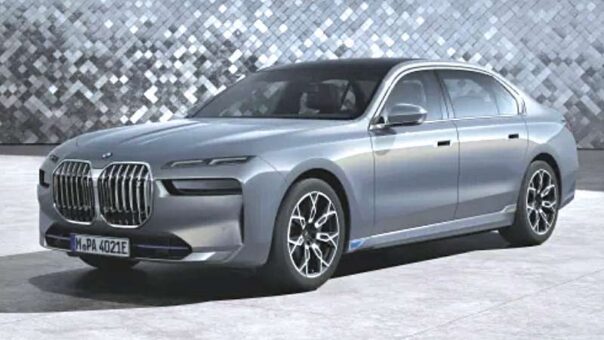
Price, specs of BMW i7 in Pakistan
BMW i7 was launched on April 20, 2022 globally. The car is manufactured by BMW.
(more…) -
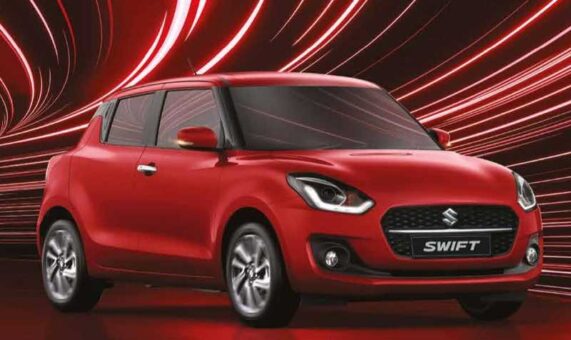
Tax collection from new car registration surges 67pc to Rs19 billion: FBR
ISLAMABAD: Federal Board of Revenue (FBR) has said that income tax collection from new car registration surged by 67 per cent in fiscal year 2021-2022.
(more…) -

Quetta Customs announces auction of huge lot of confiscated motor vehicles
ISLAMABAD: Customs Collectorate, Quetta has announced auction of a huge lot of confiscated motor vehicles to be held on January 09, 2023.
(more…) -
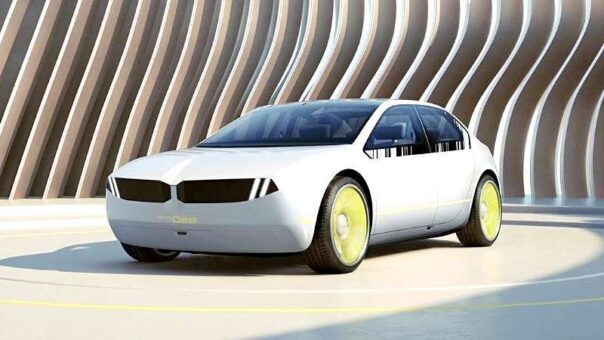
BMW i Vision Dee unveiled with color-change technology
BMW Group unveiled the vision car with color-changing technology namely ‘BMW i Vision Dee’ at the Consumer Electronics Show (CES) 2023 in Las Vegas.
(more…) -

Pak Suzuki announces continuation of automobile plant shutdown
KARACHI: Pak Suzuki Motor Company Limited on Friday announced to continue its shutdown of automobile plant during next week.
(more…)
